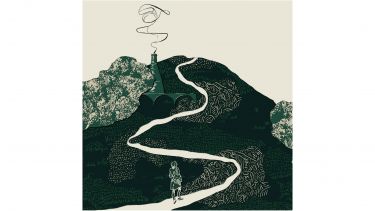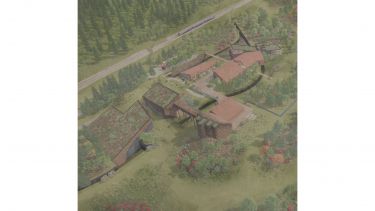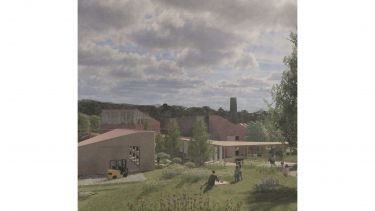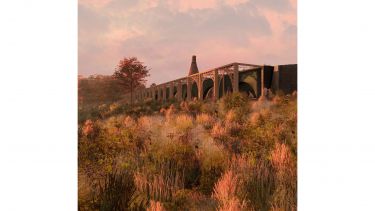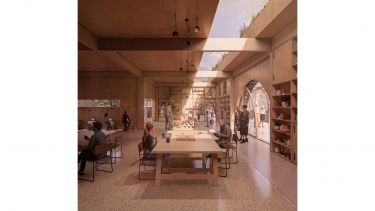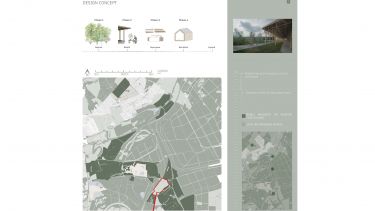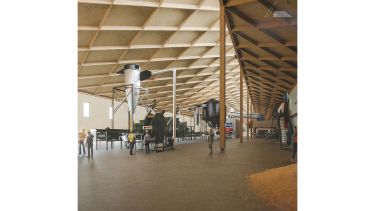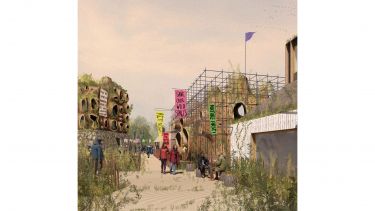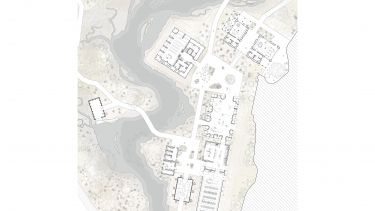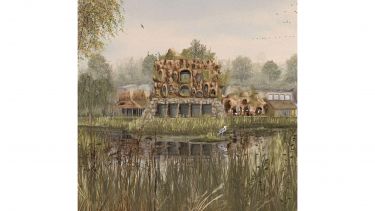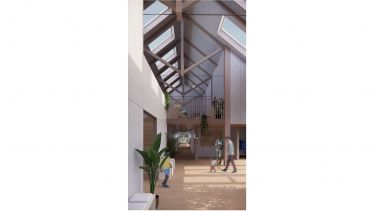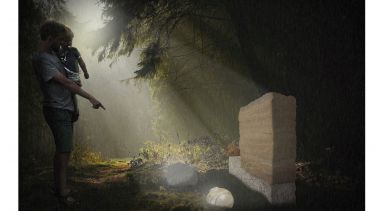Landscape and Urbanism
Exploring the cultural and historical legacy of our relationship with coal production.
In the darkest days of the early Covid-19 pandemic, there were a few small glimmers of hope that positive change could come from societal shifts.
On 16 June 2020, at 67 days, 22 hours and 55 minutes, the UK went for the longest period of time since the Victorian era without using coal to generate its electricity. Global CO2 emissions had dropped by 6.4% or 2.3 billion tons.
Turn to 2022 and we witnessed successive UK governments green-light new coal mining in Cumbria, new North Sea gas and oil exploration and lift a moratorium on shale gas fracking as the ‘solution’ to the energy crisis.
Not only this, they also actively derided the use of onshore wind and solar, ‘because they are ugly’.
This was set against a backdrop of significant rises in global CO2 production to greater than pre-pandemic levels, the Ukrainian war seeing Russia petulantly burning gas rather than supply it to European users.
The studio aimed to explore the cultural and historical legacy of our relationship with coal production. We aimed to explore the landscape network of the Coalfields, an area of open woodland, farmland and rolling hills in the centre of the UK.
This led to investigations as to how we might develop synergies between landscapes and how we live and work within the modern rural ecology.
The studio considered the changes within the demographics of the Coalfields network and the impact that this had on the social needs of its inhabitants.
The resultant projects aimed to create briefs that were wide ranging but may have a focus on the development of operative communities and how they in turn develop support networks for health and wellbeing, learning, working and living.
Studio tutor

Masters study discovery afternoon
See where a Sheffield masters could take you with our on-campus event. Get expert advice, take a campus tour and chat to current students.

